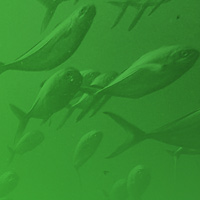-
Grants
3
-
Total Awarded
$555,000
-
Years
2013 - 2015
-
Categories
Grants
The Institute for the Theory and Practice of International Relations at the College of William and Mary provides a home for interdisciplinary, collaborative, internationally focused research that uses rigorous social science methods to contribute to contemporary international debate, policy, and practice. The Institute houses the Teaching, Research, and International Policy (TRIP) Project. Through this tie-off award, TRIP undertakes a pilot study on the feasibility of using new technologies to automate data collection to inform analysis. Also, it transforms the TRIP data interface into a “one-stop shop” for information on the international relations (IR) discipline and its relationship to international policy and practitioners, providing a resource for other scholars in the field.
Founded in 1693, the College of William and Mary is the second-oldest institution of higher education in the United States. The AidData program improves access to data related to foreign assistance and aid to stakeholders. Using technology it creates tools that effectively coordinate, deliver, and evaluate the impacts of aid. AidData will undertake an analysis of China’s influence in the Conservation and Sustainable Development program’s three priority geographies, the Great Lakes of East and Central Africa, the Greater Mekong and its Headwaters and the Watersheds of the Tropical Andes.
The Institute for the Theory and Practice of International Relations (TRIP) at the College of William and Mary provides a home for interdisciplinary, collaborative, internationally focused research that employs rigorous social science methods to make meaningful contributions to contemporary international debate, policy, and practice. TRIP scholars analyze the relationship between research, teaching, policy and politics. For this project, they will test hypotheses about the academy-policy divide, drawing on their large dataset of trends in the IR discipline since 1980 and recent policymaker surveys.




